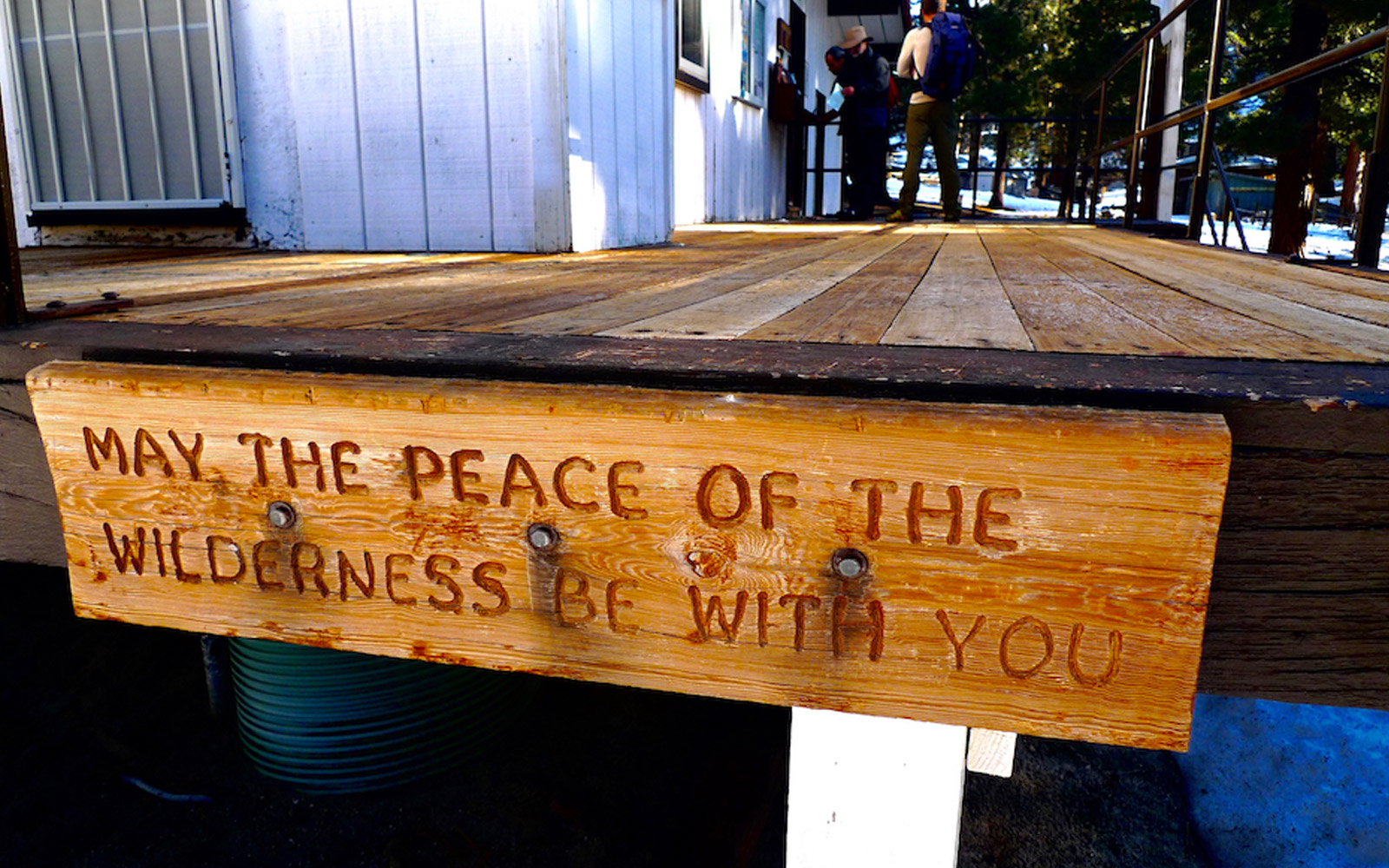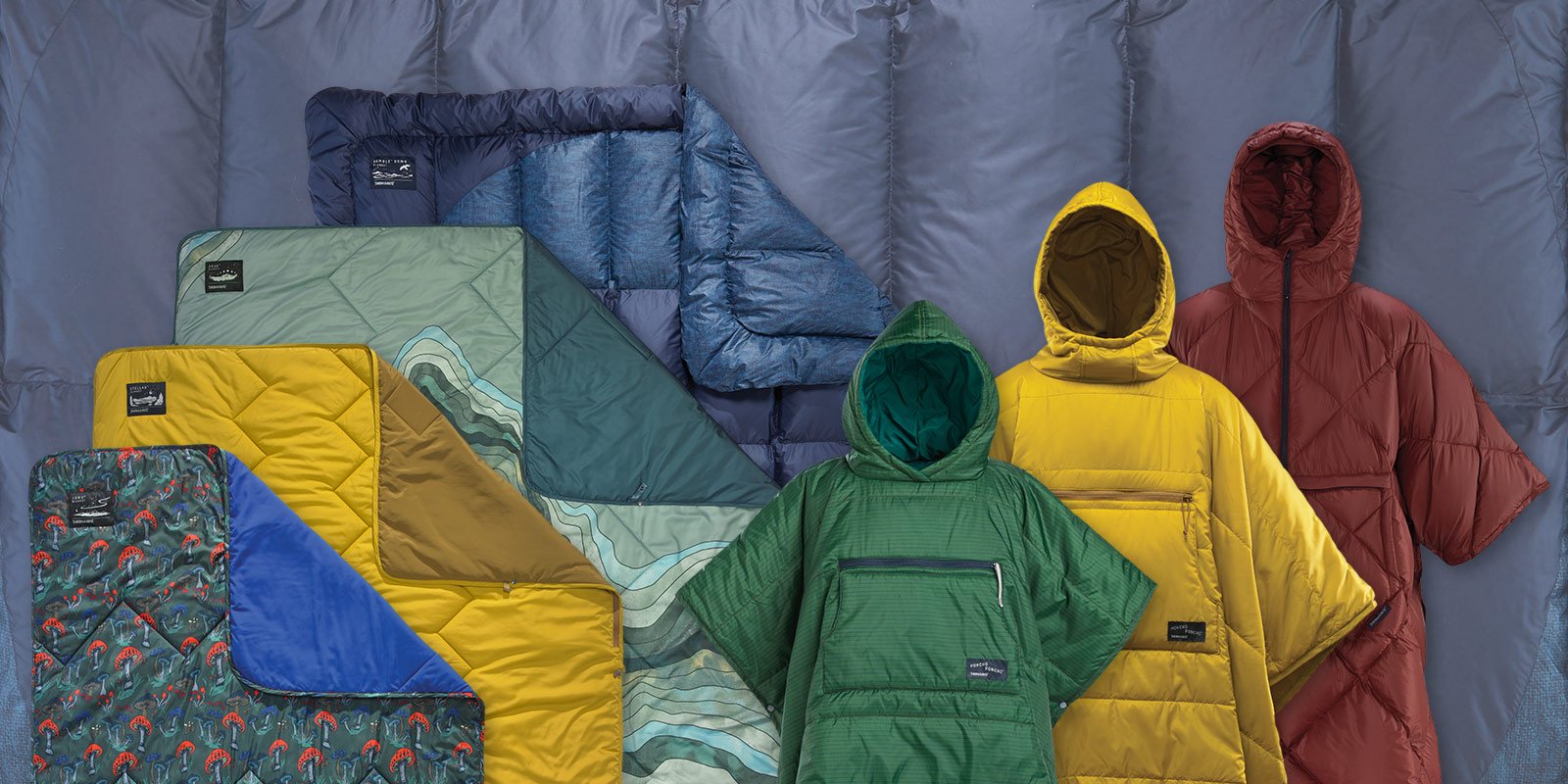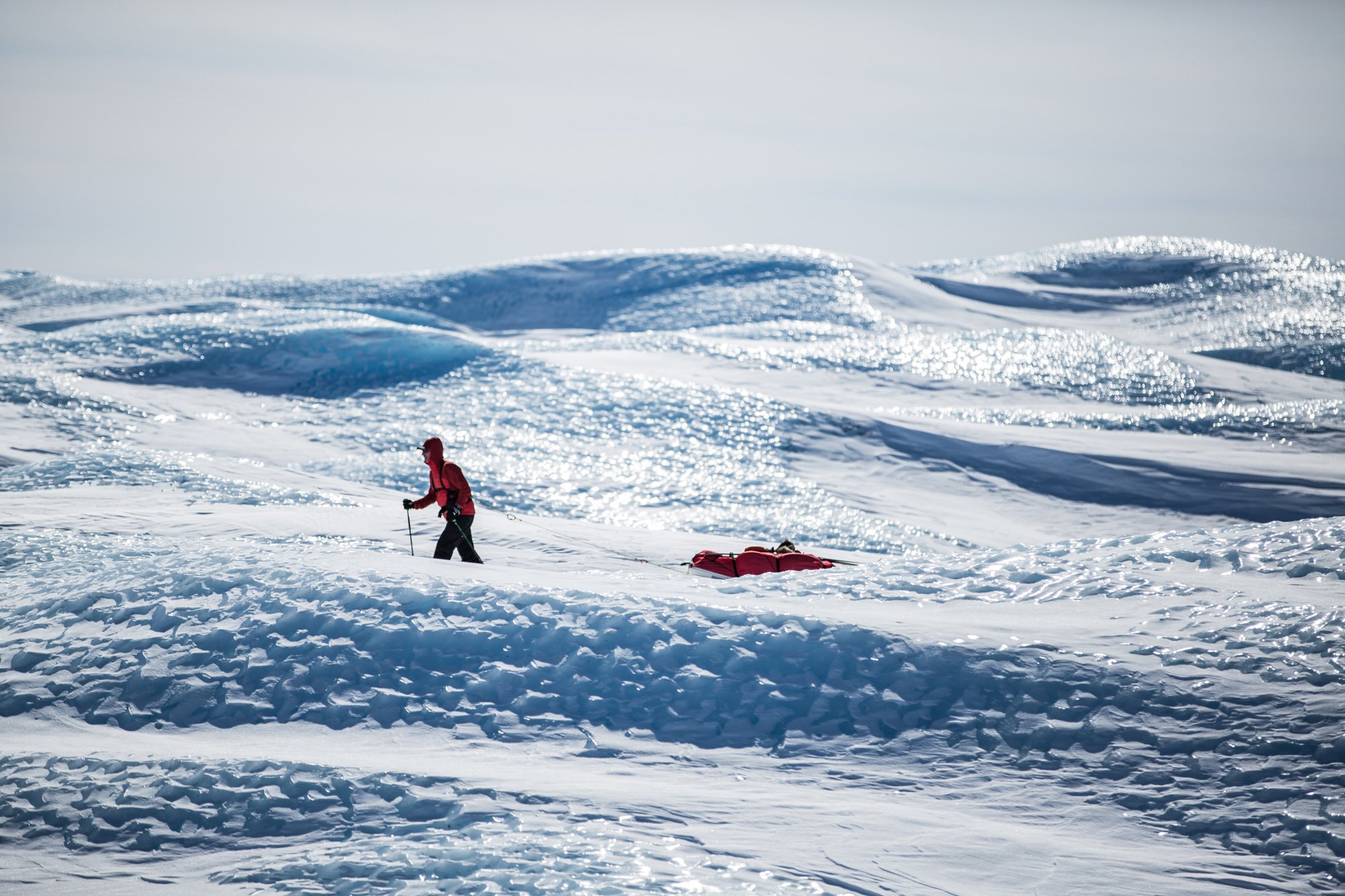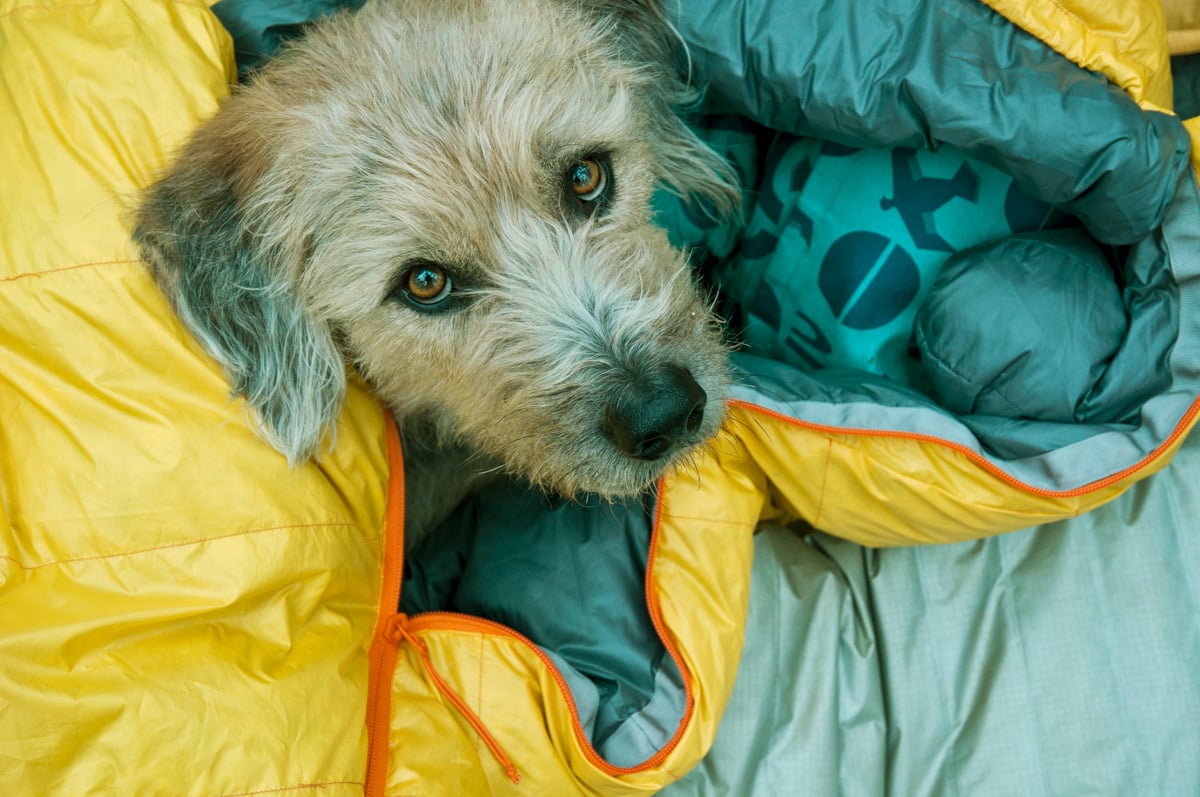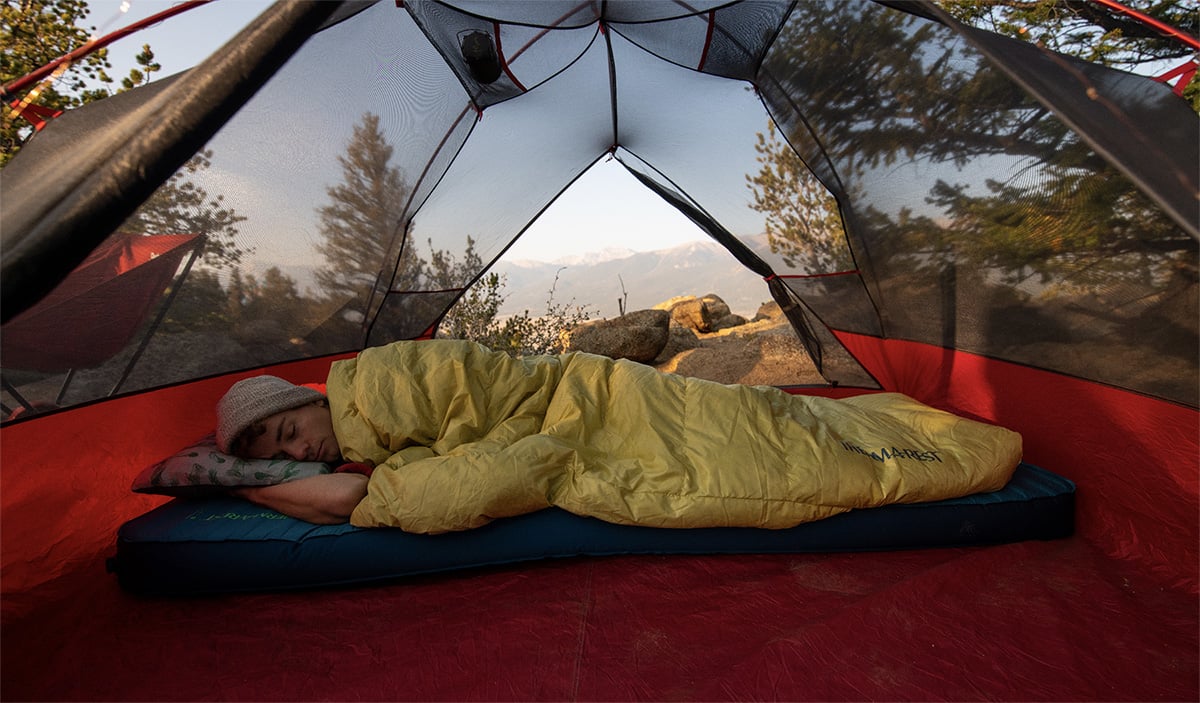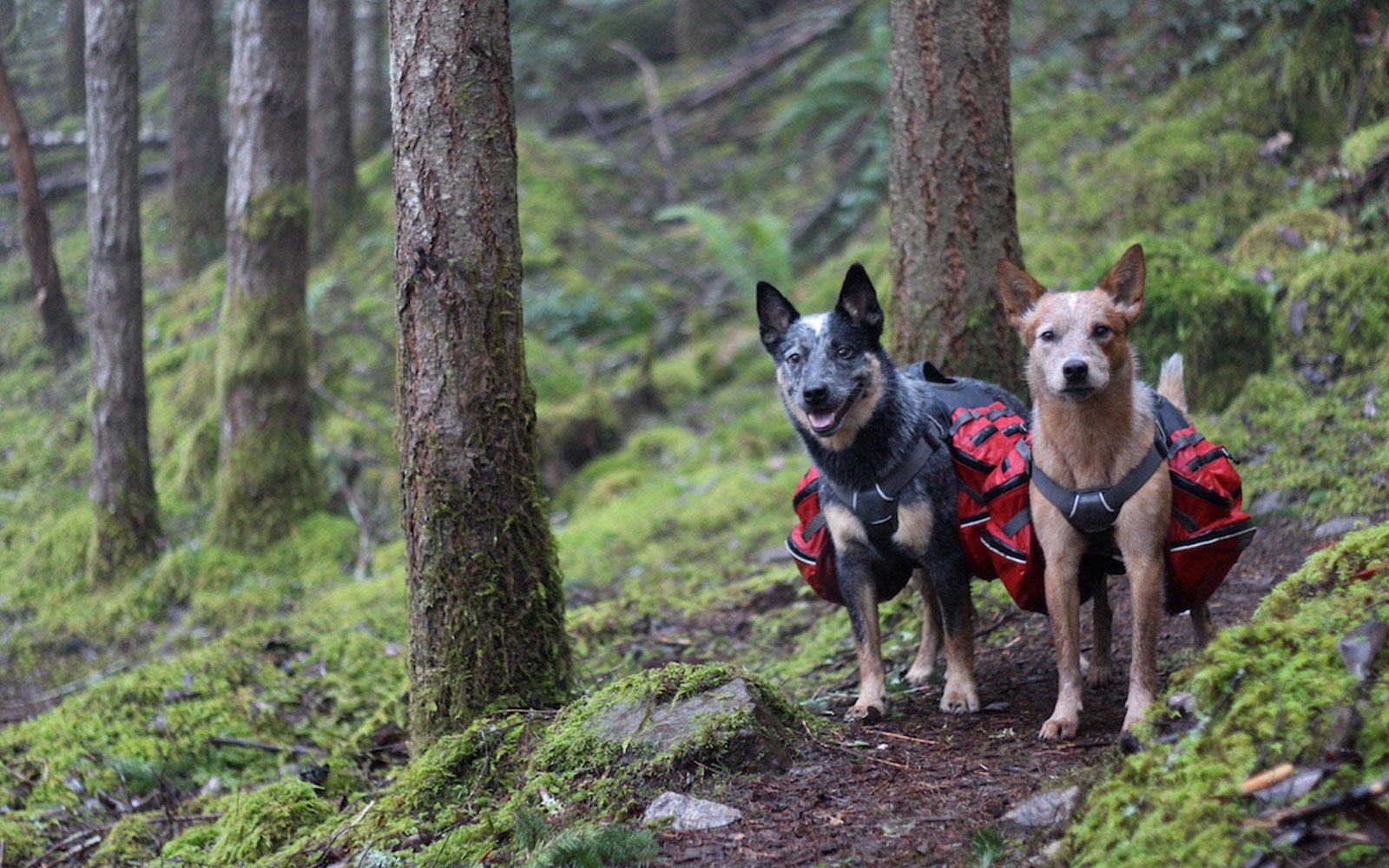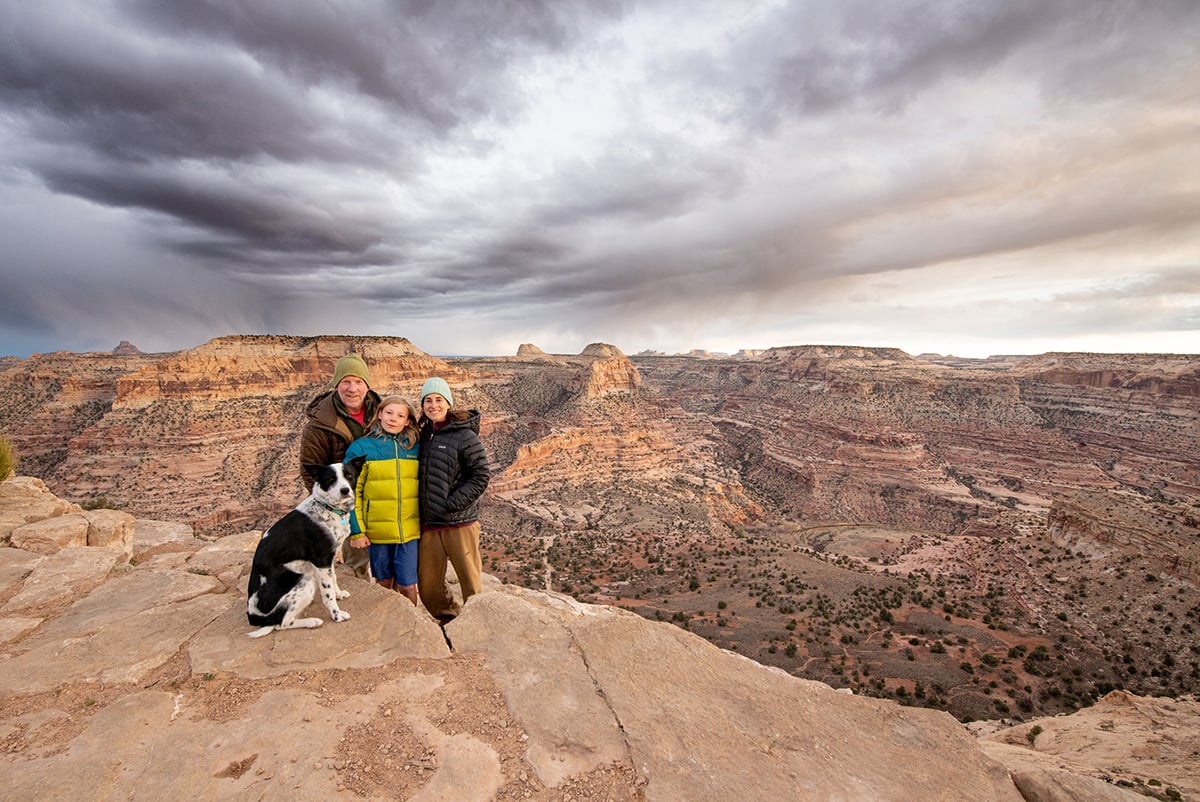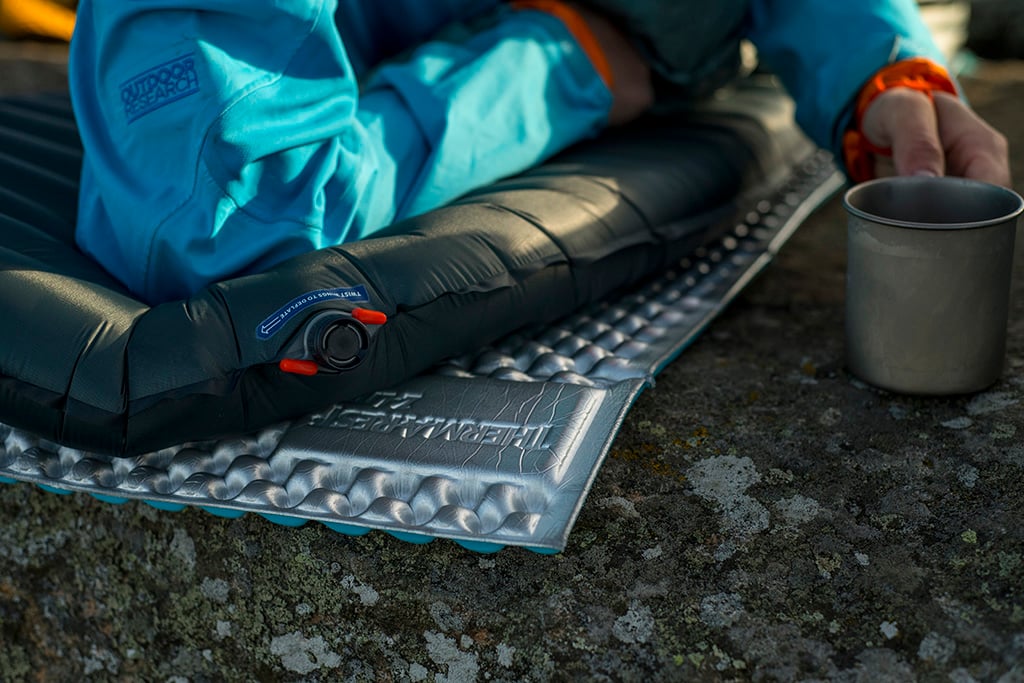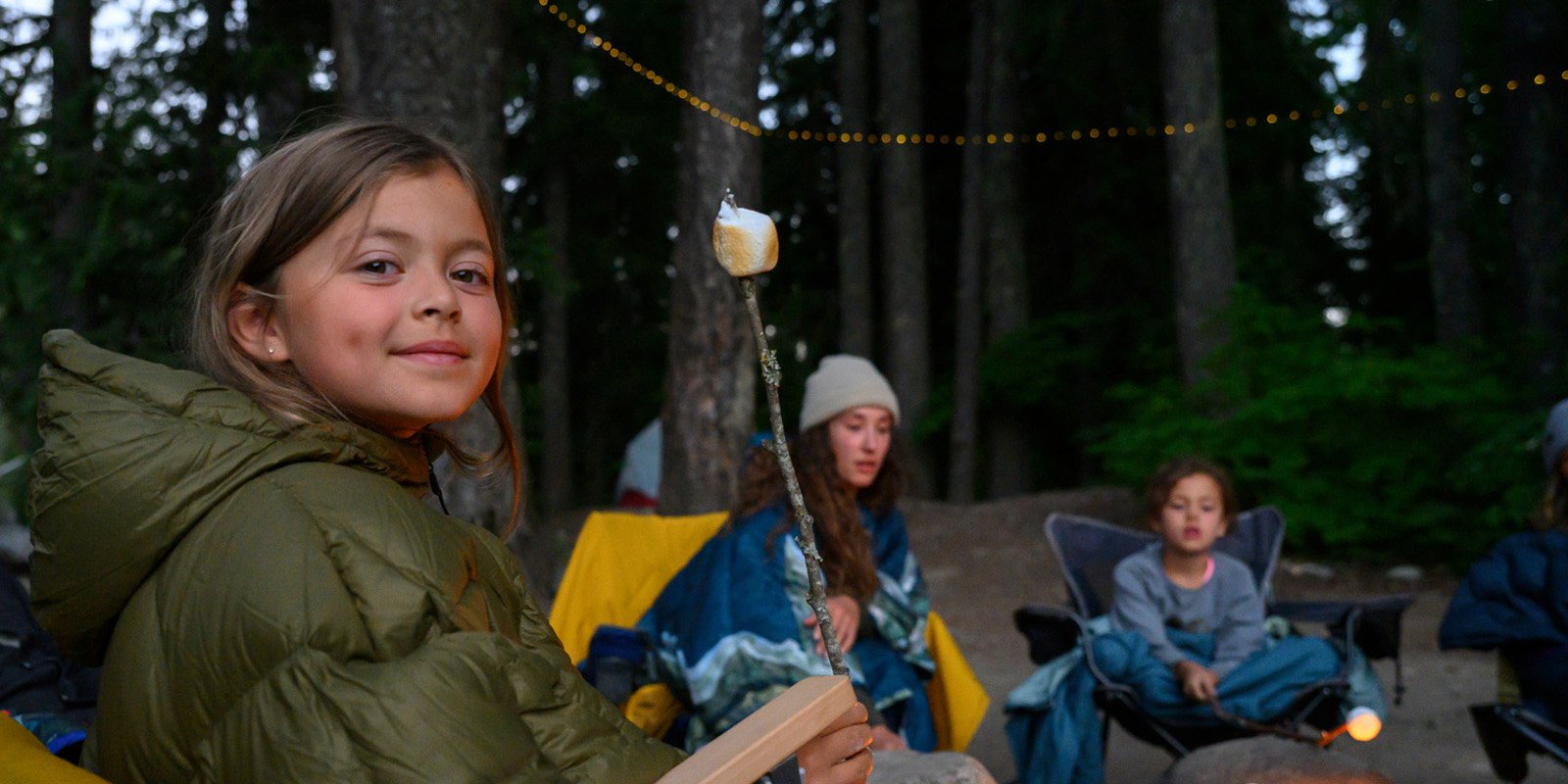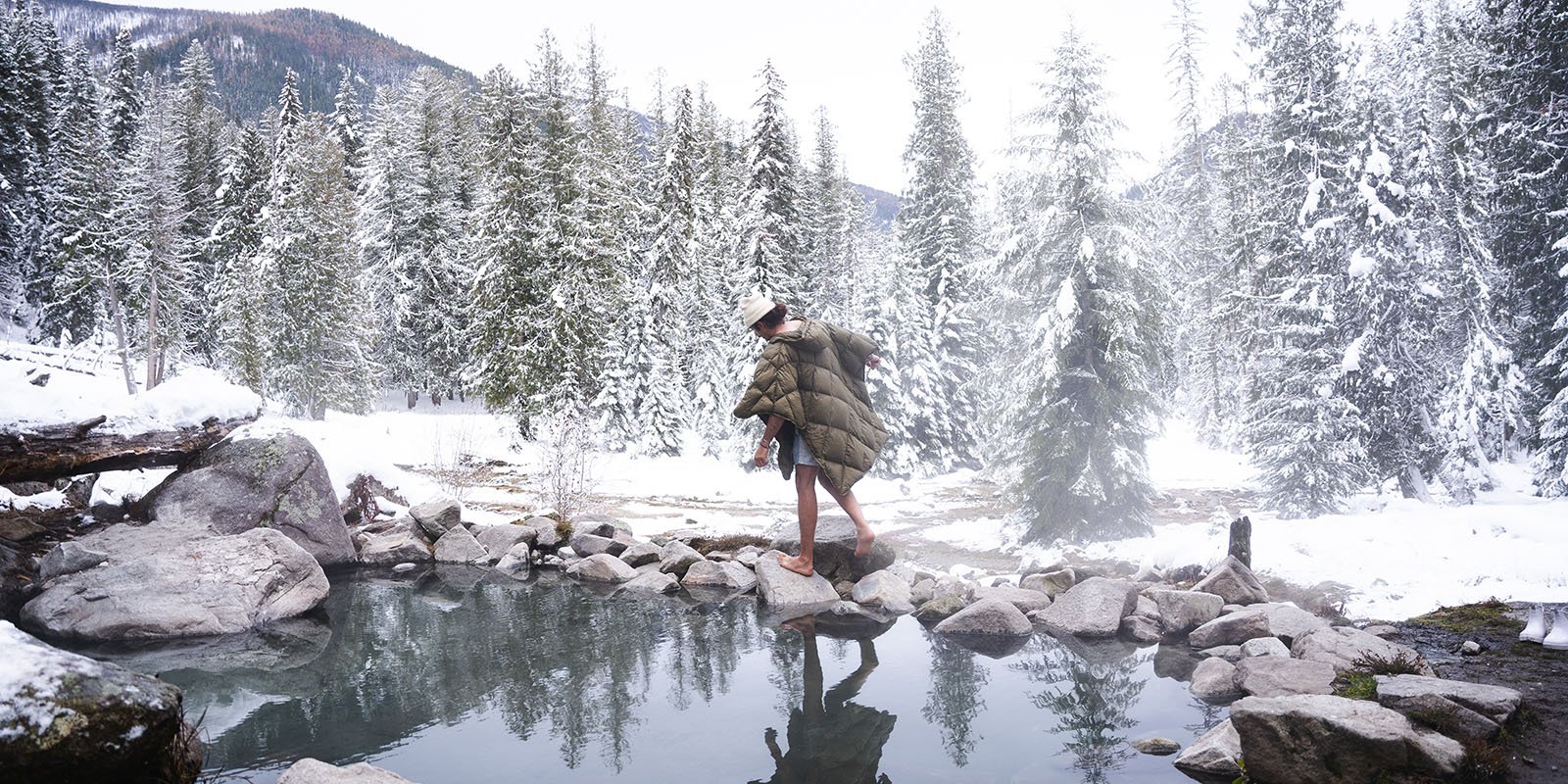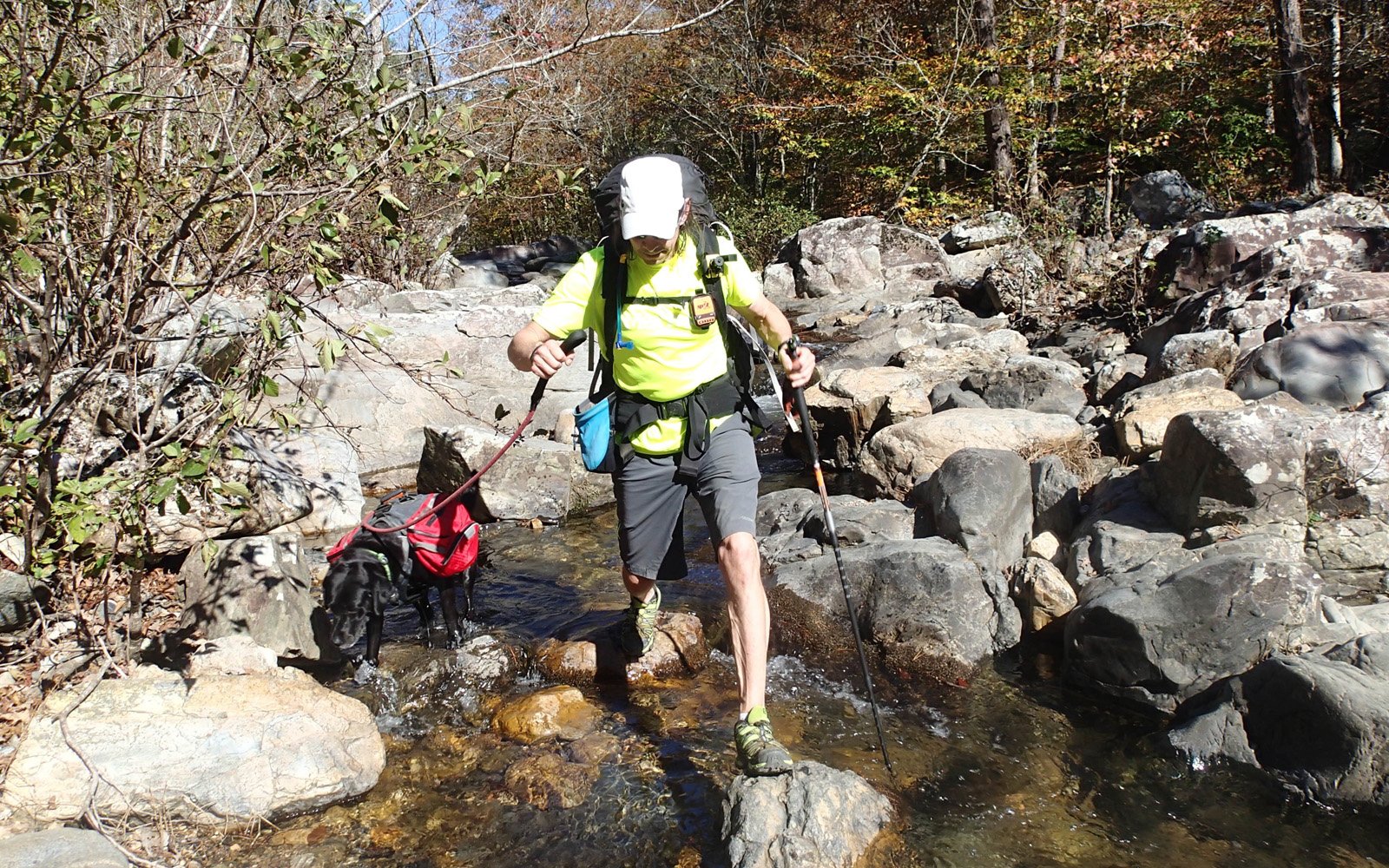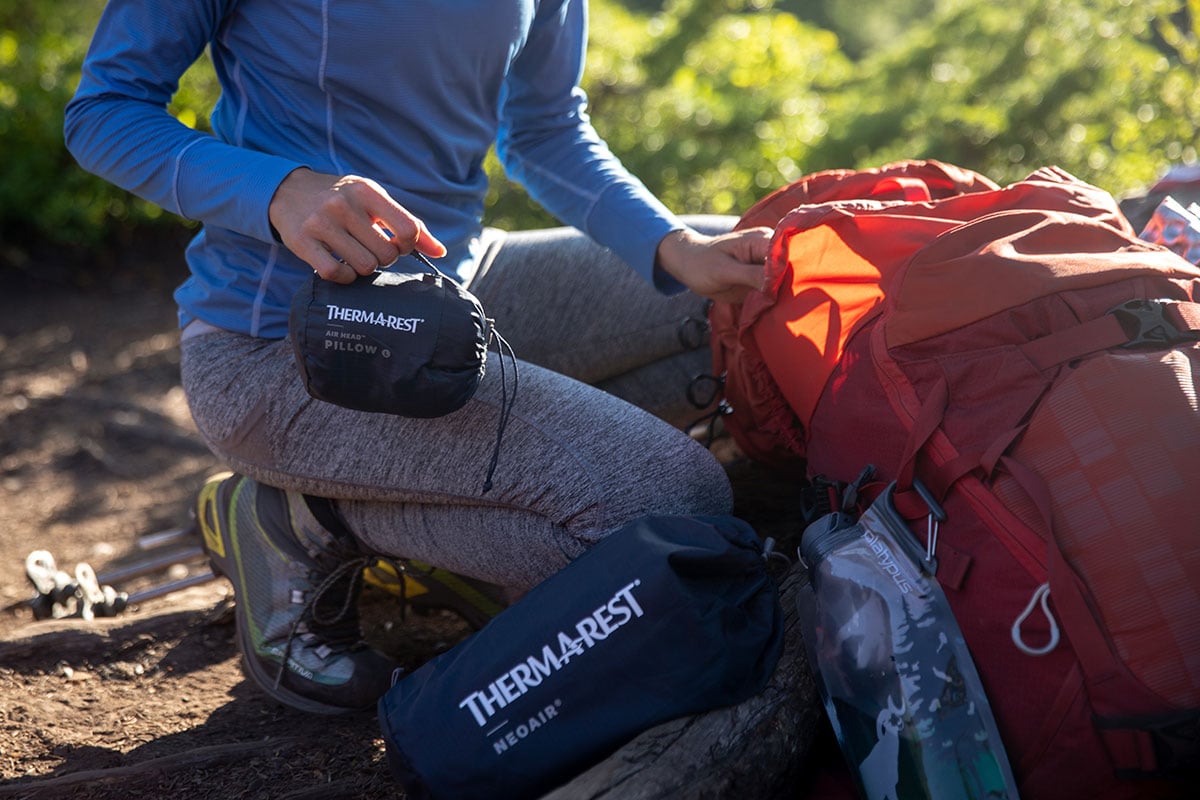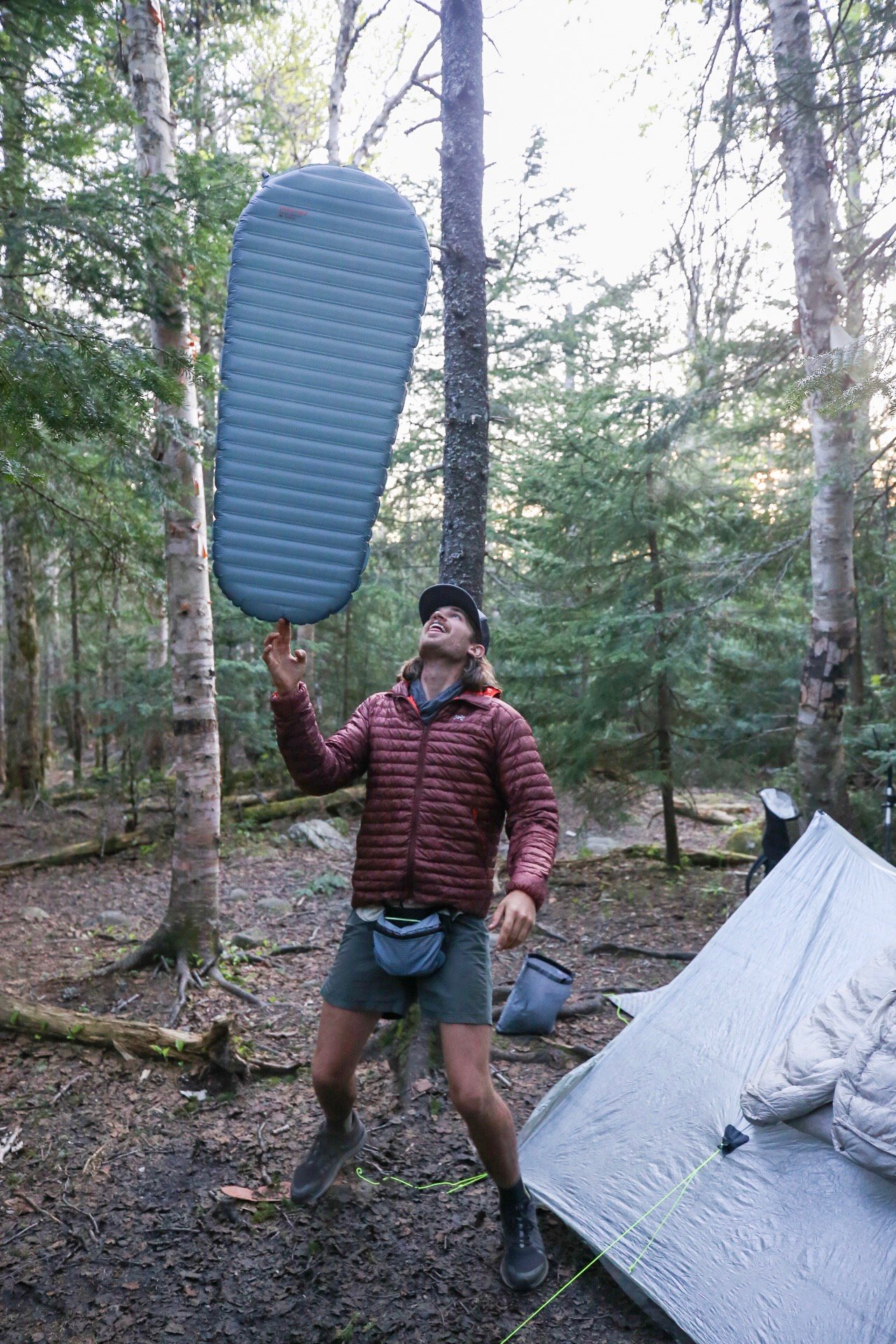“Let me just send one last email before you go,” my wife says, as she slips away into the bedroom. My one-year-old son and I put my backpack and a couple pair of boots into the back of the wagon, as I tried to explain what I was up to that night and why I couldn’t decide on which pair to wear. He just smiles. Soon, I am pulling out of the café parking lot with a last coffee and pastry in hand. Traffic is light in the direction I am headed, and with a stop at REI for supplies, travel time would be about two hours, give or take.
“Once you figure out this place, it’s really not so bad.”
–Taslima, in Escape from L.A.

At approximately 34,000 square miles, the Greater Los Angeles area is one of the world’s largest urban agglomerations. Its physical size is almost a metaphor for the traps of modern city life. Jobs, family, traffic, stress. L.A. itself never seems to end—until it hits an ocean or a mountain, of course. But it’s these natural barriers to development that provide an escape from those daily ins and outs for so many Angelenos who wake every morning before dawn to check the surf report, or slip away for a quick hike, ride or overnight camp in the mountains. These activities recharge the soul’s battery, allowing for another spell, however long, of dealing with the intricacies and compromises of city life.

After about 90 minutes on the road, I’d finally escaped the sprawl, with suburban subdivisions and outlet malls replaced with rows and rows of giant windmills. Before long, I make the veer towards the city of Palm Springs, down the lonely stretch of Highway 111 that hugs the stony mountainside of Mount San Jacinto. I send a last message to my wife and make the right turn onto Tram Way and start my ascent from the desert floor into Chino Canyon to 2,643 feet above sea level at the Palm Springs Aerial Tramway’s Valley Station. In operation since 1963, the tram carries riders two-and-a-half miles from the Valley Station into Mount San Jacinto State Park and to the Mountain Station at just over 8,500 feet above sea level. The ten-minute ride gives you an unparalleled view of the desert, a close-up view of the canyon it occupies, and a welcomed drop in temperature—the average high temperature in Palm Springs is 89°F.

From the Mountain Station, a short walk down the switchbacked walkway lands me in Long Valley. The ground is patched with snow and ice, and the winds flutter the American flag outside the ranger station. I enter behind two girls who look to be in their twenties, and visiting California from somewhere else (turned out to be Pennsylvania). The ranger helps them start the permit form and begins to instruct them on the hike to Round Valley. I lean in to listen because I’m going that way, too.

“There is no trail out there right now because of the snow,” he says. “You basically have a route trampled in the snow roughly above where the trail is.”
He shows us a trouble spot on the map where folks have gone way off trail, and advises on the path to follow. Then he stresses that daylight is burning quickly and offers the girls an alternative route, showing some concern that they’d make it back before dark. Since I’ll be camping for the night, this is of little worry. The girls get on their way, and we move on to my permit form, making sure all the information was correct, and going over the map one last time. As I’m leaving, another ranger steps in and points out the window behind the station, “Hey, if those girls were heading to Round Valley, they’re lost already.”

Despite the simplicity of the route ahead, I am a bit concerned about the decoy paths that the ranger warned of, so I keep my map and compass close by, and try to keep a steady pace. I want to make camp with plenty of time to setup in daylight. I am greeted with a steady stream of day hikers making their way back—Mount San Jacinto’s 10,834-foot peak is only a few miles beyond my destination—who offer me reassurance that I am still on the right course. However, the warm conditions have softened the snow, and on some of the steeper sections, I find myself postholing often. Each step requires extra effort, and I begin to question if I’ll make it after the last group heading back swoosh past on snowshoes. The sun is dipping beyond the treeline, and the winds are getting chillier. After passing the final signpost indicating I’d made it after all, I find a bearded man with a backpack eating an apple who points me toward the unmanned ranger post, with a map of the campground. “No way am I staying up here in the cold, I’d rather be at home in bed with my dogs,” he tells me. His nonchalance seems to indicate that I have more daylight than I thought. I’m talking to myself as I mark my site with a grease pencil on the ranger’s board. There are two kids at the board, and they mistake my mumblings as meant for them. One of them is wearing Doc Marten boots, I apologize and head off.


I set up my tent in the snow, in a spot that I am only marginally happy with. Not as picturesque as I’d hoped for after the journey. I shove my bear can and mess kit back into my pack and head off to find a place to cook and eat, and find the perfect spot. So perfect, in fact, that I drop my gear, and go back to unstake my tent. Then, in what could’ve been the dumbest decision but ended up being the opposite, I dragged my semi-freestanding tent down to the other site and restaked it in the dirt. I resumed my meal preparation, happy with my relocation.

The weather is mild, which accounts for the open patch in the snow—the overnight low will likely barely dip into the 30s. I enjoy my dinner, and a few swigs from my flask, as the sun sets and the moon rises over the wide open valley in front of me. The air is clean, and I breathe deeply through my nose as I listen to the sound of a jet pass by overhead, one of the only noises out here, save for an occasional bird. I am reminded of a conversation we had on the last group trip about our sudden awareness that there are a couple hundred people in that plane, heading here or there, flying unknowingly over a few of us down here, in the wide swath of green that they see from their little window.
“The majestic mountaintop, brilliant with snow, is you yourself when you contemplate it. Its existence depends on your awareness.”
-Thich Nhat Hanh
Only a couple days shy of being full, the moon shines upon the valley like a spotlight. After cleaning up, I turn in. The temperature is dropping. Sitting in my sleeping bag, under the glow of my headlamp, I read a little and write some notes. It’s early by most people’s standards, but my son has probably been asleep for two hours. It’s been a long day, so I zip myself into my Antares HD down cocoon for the night. On the advice of a friend, I’ve added a NeoAir air mattress on top of my usual RidgeRest pad, for extra insulation—a wise move this evening. I was a hopeless curmudgeon, refusing to make the switch. But still, I think I’ll carry a RidgeRest forever—backpacks just don’t look right without one strapped to the bottom.


In the morning, I lay awake for a bit, before checking my watch. Knowing I’d have a helluva view for the sunrise, I drag myself out to start making breakfast. I’d left my Platypus water reservoir out, but it didn’t freeze, giving me an indication of the low temps overnight. I sit on my log, sipping tea and chewing on my bacon and egg burrito, as the sun begins to illuminate the meadow. I breakdown camp, and hit the trail home.
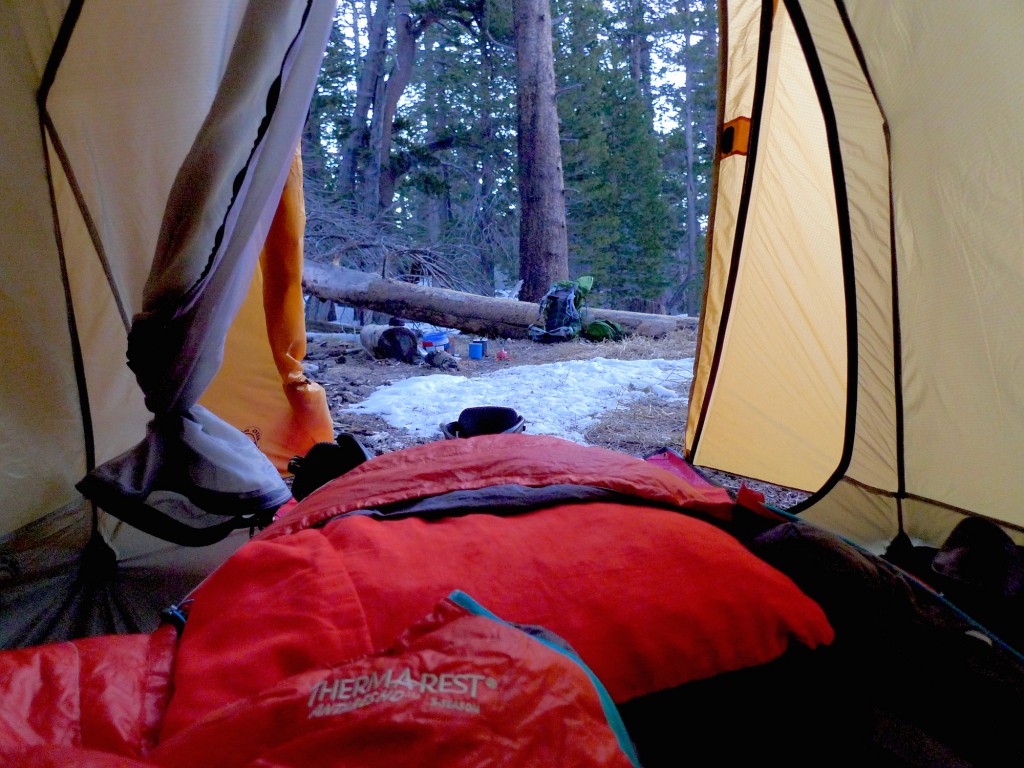
“It is of no use to sit in a peaceful forest if our mind is lost in the city.”
-Thich Nhat Hanh

The hike back out is significantly easier. Mostly downhill, and now familiar, I happily crunch along, stopping for a photo here and there, until I find myself in the bottom of a gulley, where another intersects, and I am suddenly keenly aware of the sound of the snow beneath my boots. With walls of snow, rock and tree around me, I stop for a moment. This trip has recharged my batteries, given me some quiet, and some peace so that I may reenter my normal life with a little more patience and love. I stop here, and turn 360 degrees, taking in the last of this world for now. I close my eyes, and breathe. The silence is broken by a few birds singing to me from above. I smile, and head over the next hill where I hear the roar of the ranger’s ATV engines, the first clue to the impending civilization ahead.
